Celebrate NAIDOC Week from 3 to 10 July.
Find out more about the histories of Aboriginal Sydney.
Published 27 June 2019, updated 30 June 2022
Go behind-the-scenes to learn about important services that began in Redfern.
The Aboriginal Legal Service was set up in December 1970 to provide free legal assistance to Aboriginal peoples living in Sydney. It grew out of the need to represent Aboriginal peoples targeted by police coming out of the pubs on the band circuit. This photo shows employees and volunteers outside the Aboriginal Legal Service, Redfern, in 1974.
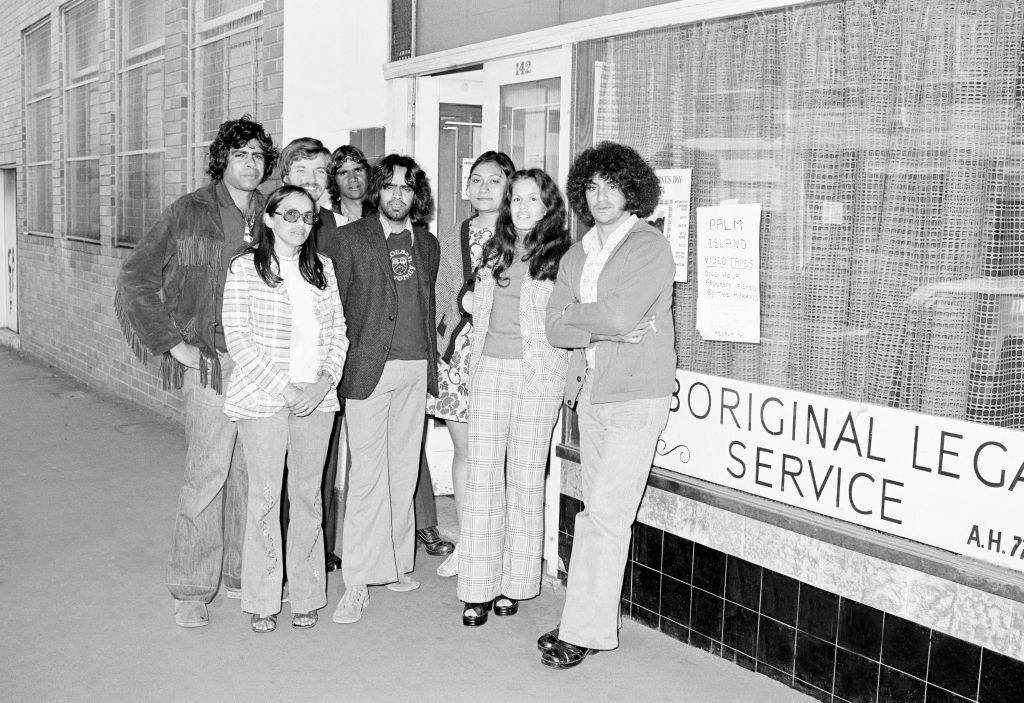
The Aboriginal Medical Service was set up in July 1971 to provide free medical support to Aboriginal peoples. It was the first Aboriginal community-run medical service in Australia and took a holistic approach to health care.
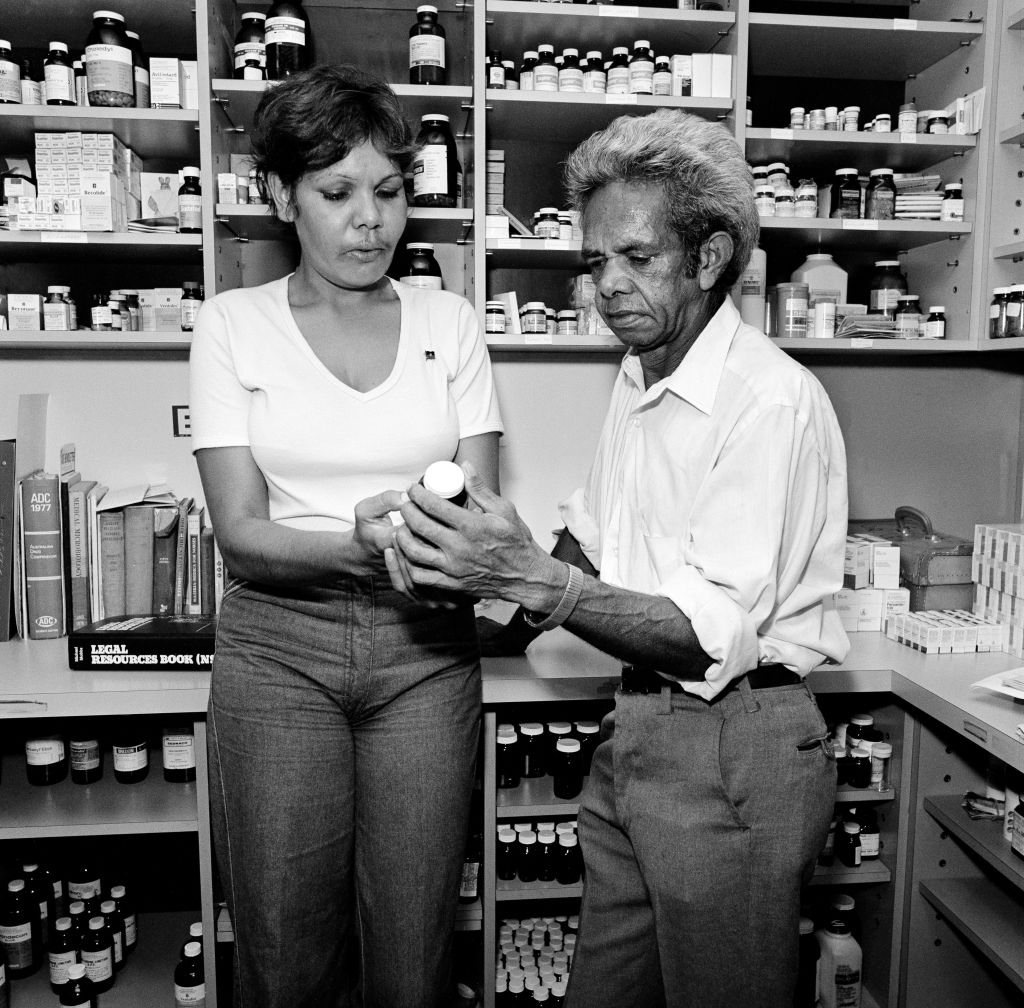
Murawina began in 1972 as a breakfast program in Hollis Park for local Aboriginal children living in Redfern and Newtown, but soon expanded to become a childcare service. By the late 1970s, Murawina occupied purpose-built accommodation on The Block in Redfern.
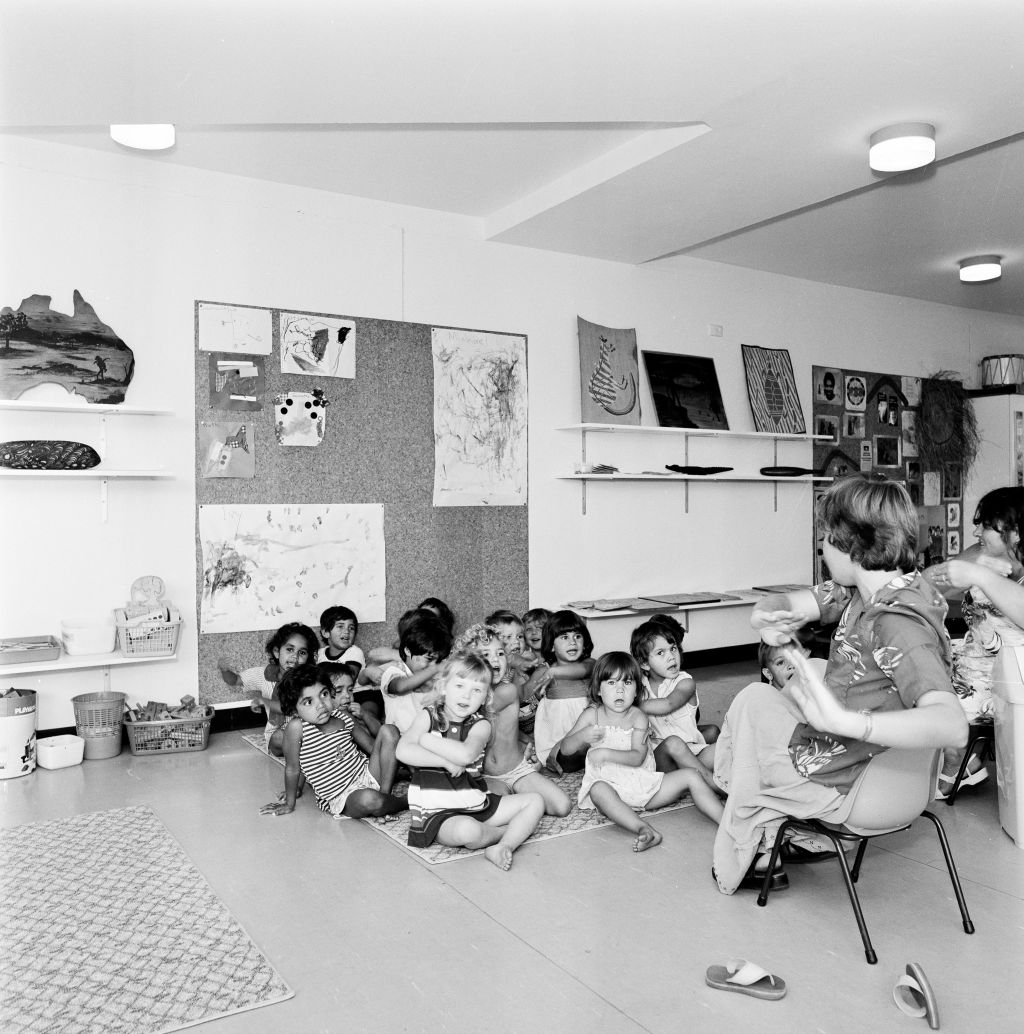
The Aboriginal Housing Company was formed in 1973. It bought the first 6 houses on The Block with a grant from the Whitlam Labor Government, and acquired the last house there in 1994. These children are playing on The Block in 1974 as the housing project got underway.
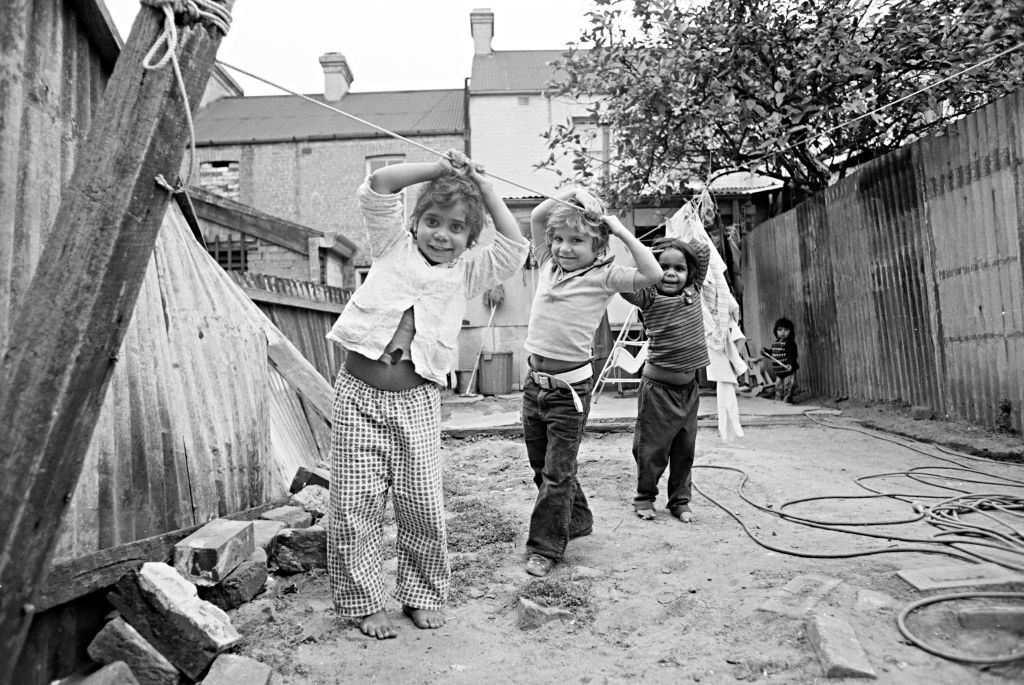
Radio Redfern – the voice of the Aboriginal community in Sydney – played a vital role in coordinating political protests against Australia’s bicentennial celebrations in 1988 and Aboriginal deaths in custody in the early 1990s. Koori Radio has since taken over the mantle.

Black Theatre was an Aboriginal-run theatre company established in 1972 in response to the emerging land rights movement. It offered workshops in dancing, writing and acting, and it performed plays authored by Aboriginal playwrights. Although it wound up in 1977, Black Theatre laid the foundation for a wellspring of creative expression within Sydney’s Aboriginal community.
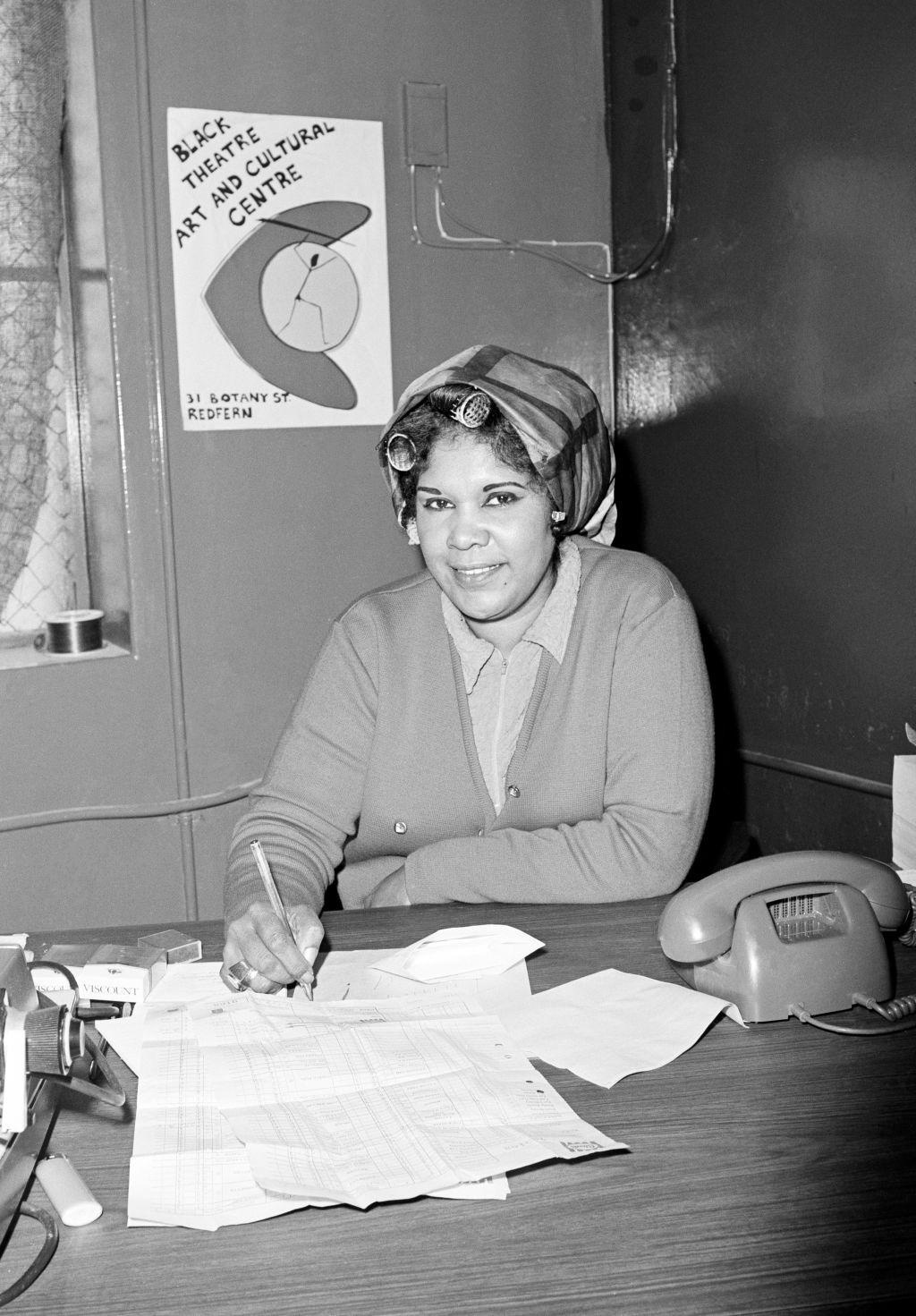
Celebrate NAIDOC Week from 3 to 10 July.
Find out more about the histories of Aboriginal Sydney.
Published 27 June 2019, updated 30 June 2022